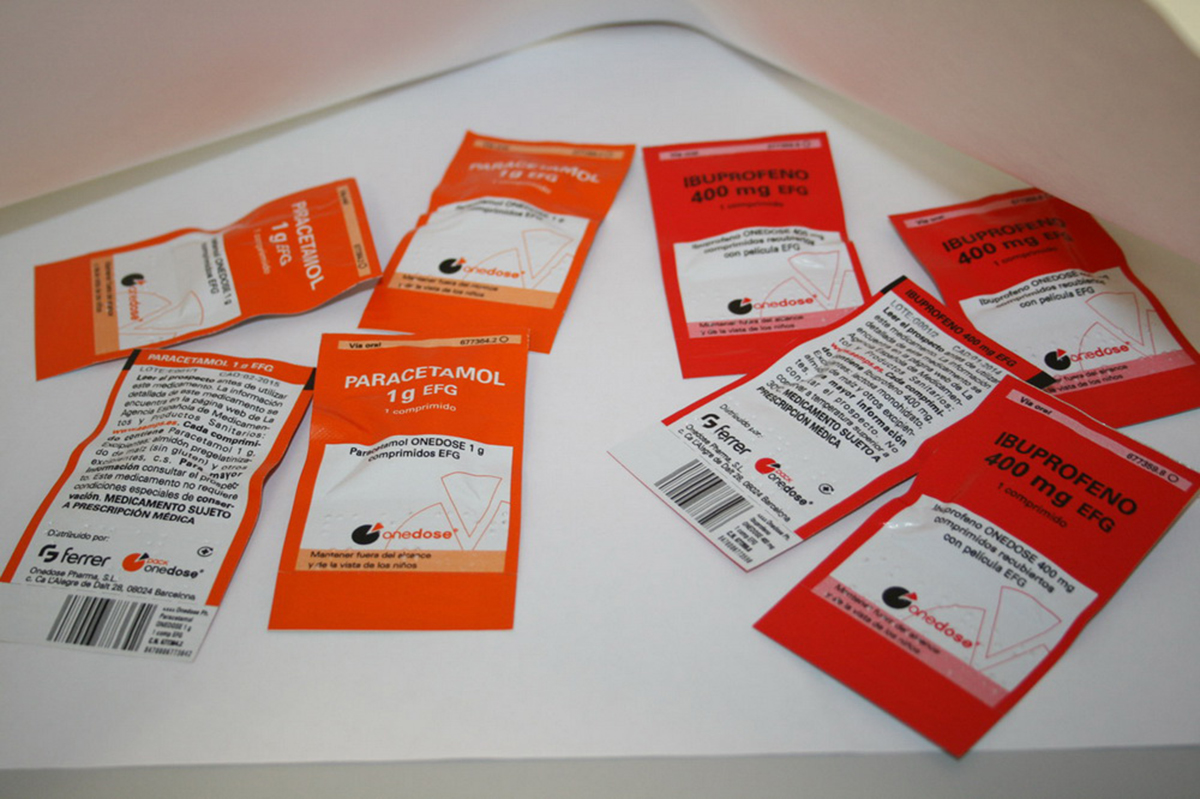Table of Contents
Studies show that drug interactions significantly contribute to the number of hospital admissions and ER visits. There are various factors that lead to patients taking drugs that can cause unwanted effects and interactions. One study has demonstrated that more than 20% of its participants are taking at least one drug that can worsen their existing condition. In some cases, drugs taken together by participants were found to work against each other in a competitive manner. One factor that contributed to this was that participants had coexisting conditions, for which physicians prescribed medications that worked for one condition but worked against the other condition. Examples of medical conditions that can compete with each other include diabetes and hypertension, and coronary artery disease and diabetes.

Avoid Adverse Side Effects and Drug Interactions
Many patients take prescribed drugs from their doctors, trusting that these will help improve their condition. However, if you feel that something is causing you to experience symptoms that were not there before, or if you feel that your medications are not working as they should, inform your doctor about it. Ask him/her for more information on the expected therapeutic effects and side effects that may occur with your drugs. You can also inquire about the effects of diet on drug intake. Knowing how to take combinations of drugs and which ones should not be taken together also helps reduce drug competition and drug interactions.
Inform your doctor if you are taking other OTC medications or dietary supplements, since they may affect the action of prescribed drugs. Ask your pharmacist for more information about OTC drugs and learn how to read labels. Look for the following information when reading labels:
-
active ingredients, their amount and purpose
-
inactive ingredients
-
indications or uses of the drug/supplement
-
directions on how to take the drug, including any special instructions
-
dosage recommended
-
warnings on the label, which includes drug interactions
-
date of expiration
See Also: The Dangers Of Prescription Drugs
Many people are convinced to take various types of dietary supplements, nutritional products, and other over-the counter antibiotics after hearing other people's advice or reading promising claims in the internet. Studies suggest that people often self-medicate because it is more convenient and less costly than going to a doctor's clinic. However, one risks taking inappropriate medications and suffering from dangerous side effects in doing so. Caution is likewise advised, especially for elderly patients, pregnant or lactating women, and patients with chronic conditions, in taking medications without proper medical consultation.
- Oregon State University. "One in five older Americans take medications that work against each other." ScienceDaily. ScienceDaily. http://www.sciencedaily.com/releases/2014/03/140313154220.htm
- FDA. Drug Interactions: What You Should Know. http://www.fda.gov/Drugs/ResourcesForYou/ucm163354.htm
- AAFP. Clinically Significant Drug Interactions. http://www.aafp.org/afp/2000/0315/p1745.html
- FDA. Preventable Adverse Drug Reactions: A Focus on Drug Interactions. http://www.fda.gov/Drugs/DevelopmentApprovalProcess/DevelopmentResources/DrugInteractionsLabeling/ucm110632.htm
- Photo courtesy of forwardcom by FreeImages : www.freeimages.com/photo/913610
- Photo courtesy of pepedelaolla de la olla by Public Domain Pictures : www.publicdomainpictures.net/view-image.php?image=16634&picture=paracetamol-and-ibuprofen-unidose
- www.aafp.org
- www.sciencedaily.com
- www.fda.gov


Your thoughts on this